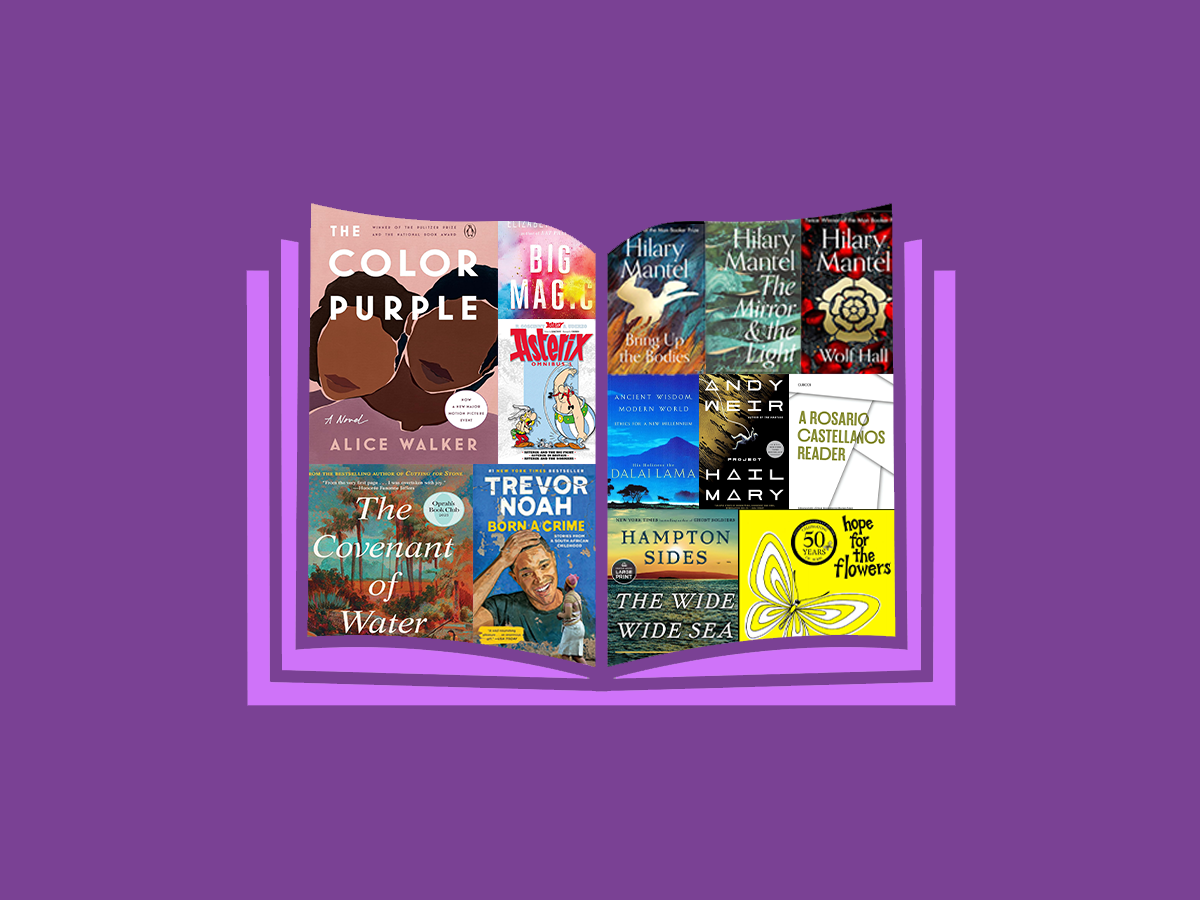

They wade through stacks each year. But here are some that draw them back.
Harvard Staff Writer
July 29, 2024 8 min readSome read a book only once, but many revisit favorites for comfort, inspiration, and pure pleasure. William Faulkner annually returned to “Don Quixote,” the epic novel by Spanish writer Miguel de Cervantes. Literary critic Harold Bloom said he “endlessly reread Shakespeare.” Stephen King told The New York Times he had read “The Lord of the Flies” by William Golding “eight or nine times,” and New Yorker critic and Harvard professor James Wood finds his way back “To the Lighthouse” by Virginia Woolf each year. The Gazette asked five other faculty members about their rereading habits.
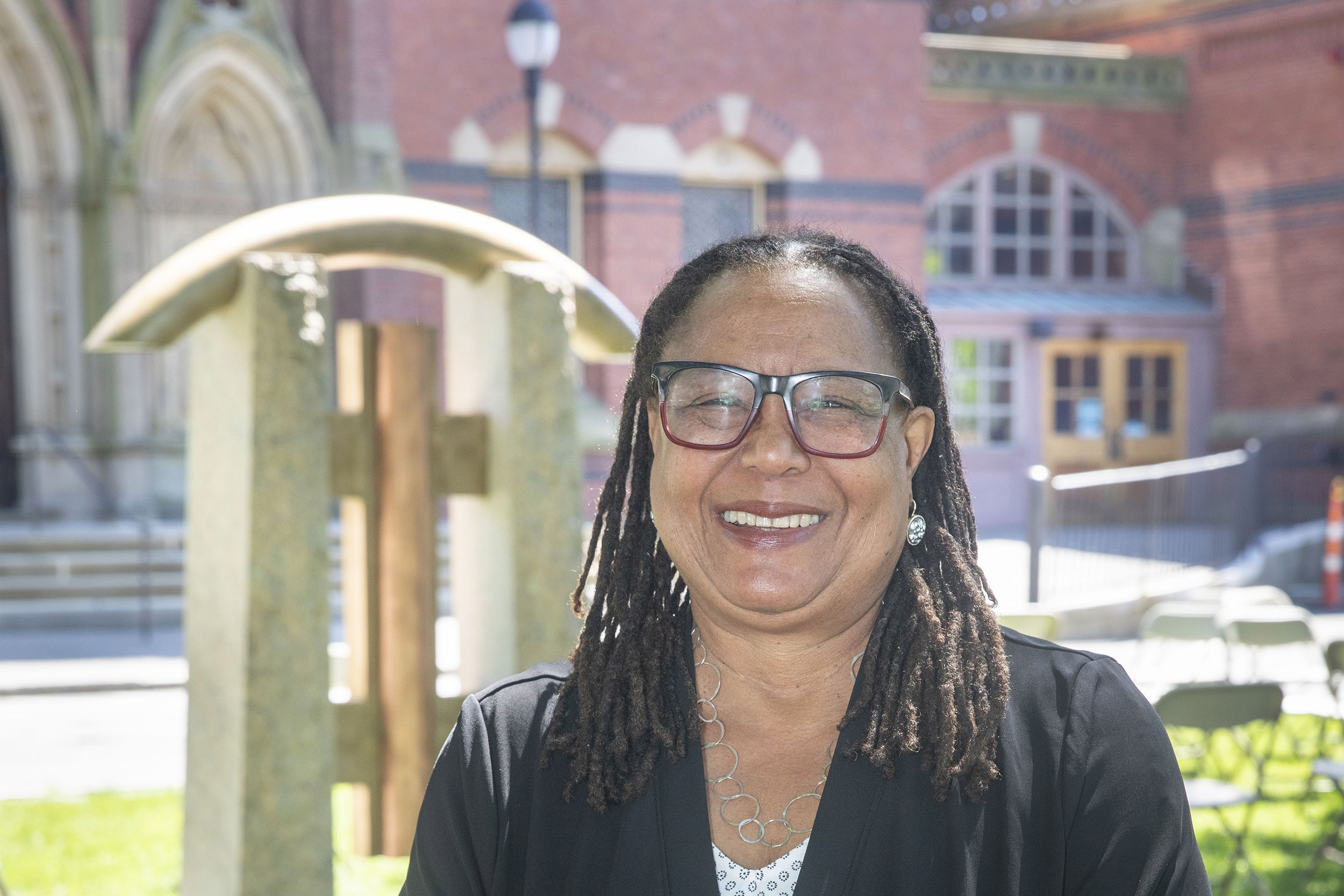
Barbara Gutmann Rosenkrantz Professor of the History of Science and Professor of African and African American Studies
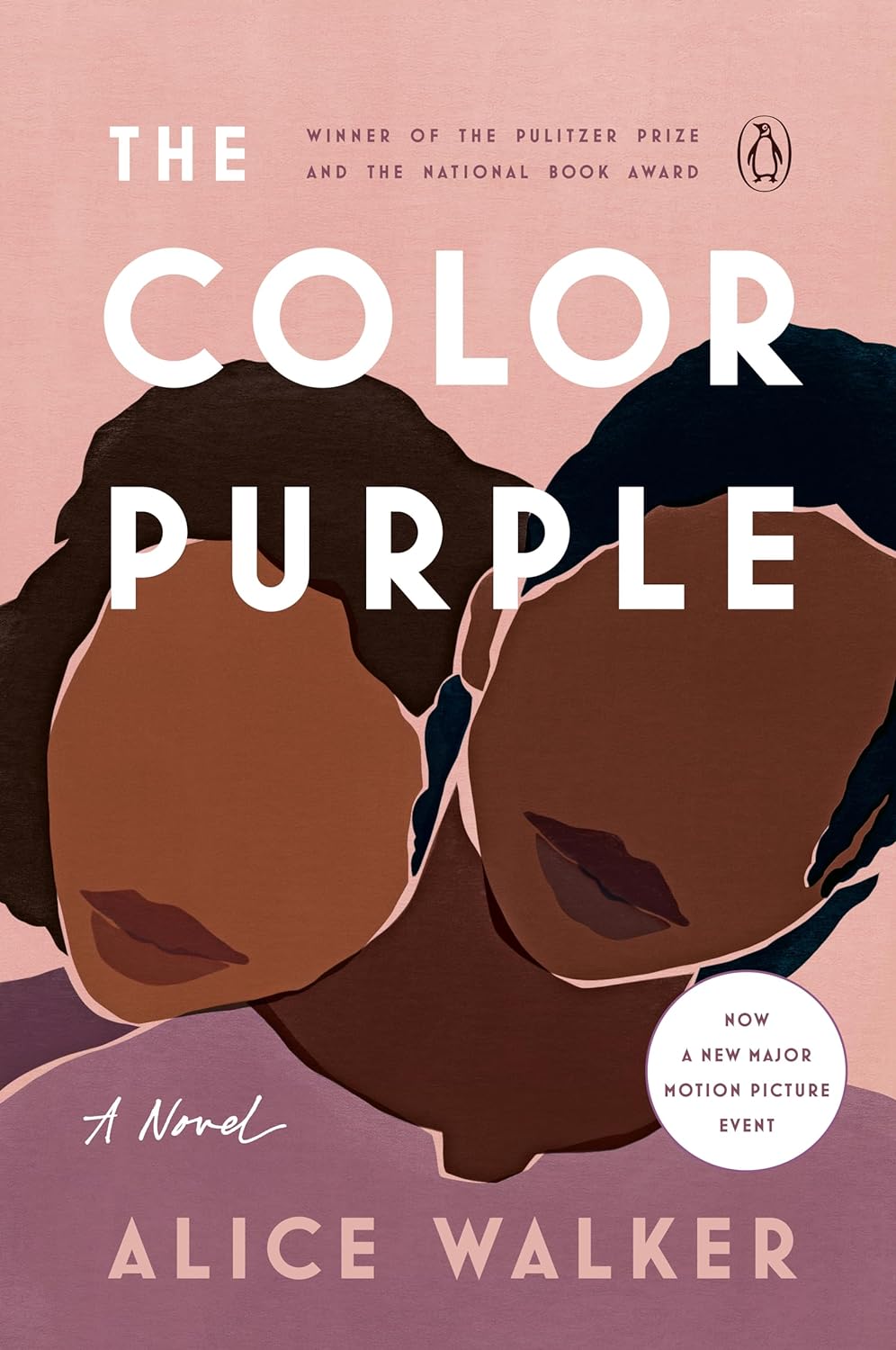
“The Color Purple” by Alice Walker is the book I always go back to. I read it for the first time when I was in graduate school. I read it in one sitting; I stayed up all night. I was so moved by the letters that the main character, Celie, was writing to God.
Her life was one of violence and trauma, but the two things that were most important to her were the relationship with her sister Nettie and the one with Shug Avery, the blues singer who became her friend and at some point, her lover. The story itself was wonderful, deeply moving, beautifully written, and very evocative.
The main part in the story, where Celie and Shug come together, struck me deeply as a way of representing the truly transformative power of love. Celie lived in a world that was incredibly violent, horrifically abusive, and she triumphs, and how she triumphs is so beautifully rendered.
The story is also a representation of the formidable bonds of womanhood and sisterhood. I always am struck by how those women in the story come together and survive so much, but through it all, they’re bonded to each other. That was something that touched me the first time I read it, and it touches me every time I read it. I try to read it at least once a year. I get something new from it.
I recognize that it is largely a story about the interior lives of African American people, but it’s also a story about how people can be transformed, particularly because of the bonds they share. That’s something that seemed relevant to me this year in which we saw so many divisions across campus and elsewhere. The book reminds me that we’ll get through this and that it will be better, but it means that we must build community and trust in the power of community, and at the end of the day, to really think about the power of love. That is why I turn to it all the time.
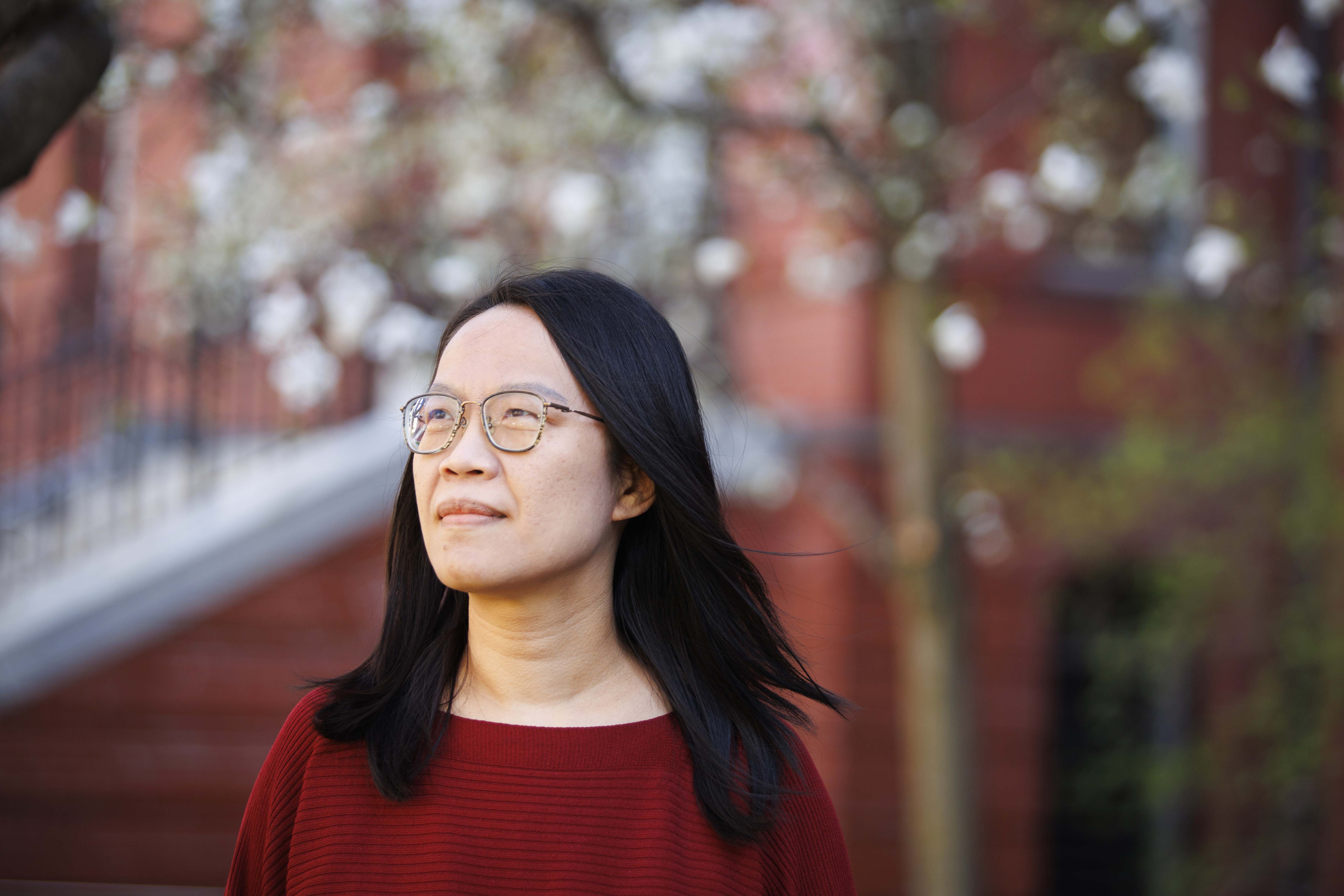
Professor of stem cell and regenerative biology
I’m a huge fan of audiobooks — addicted, in fact! They fit seamlessly into so many activities like commuting, exercising, and doing chores, making “reading” possible and enjoyable no matter how full a day seems. Here are some of my favorites that I think are even better in audio format than in print. I have “read” them so many times, or listened, to be exact.
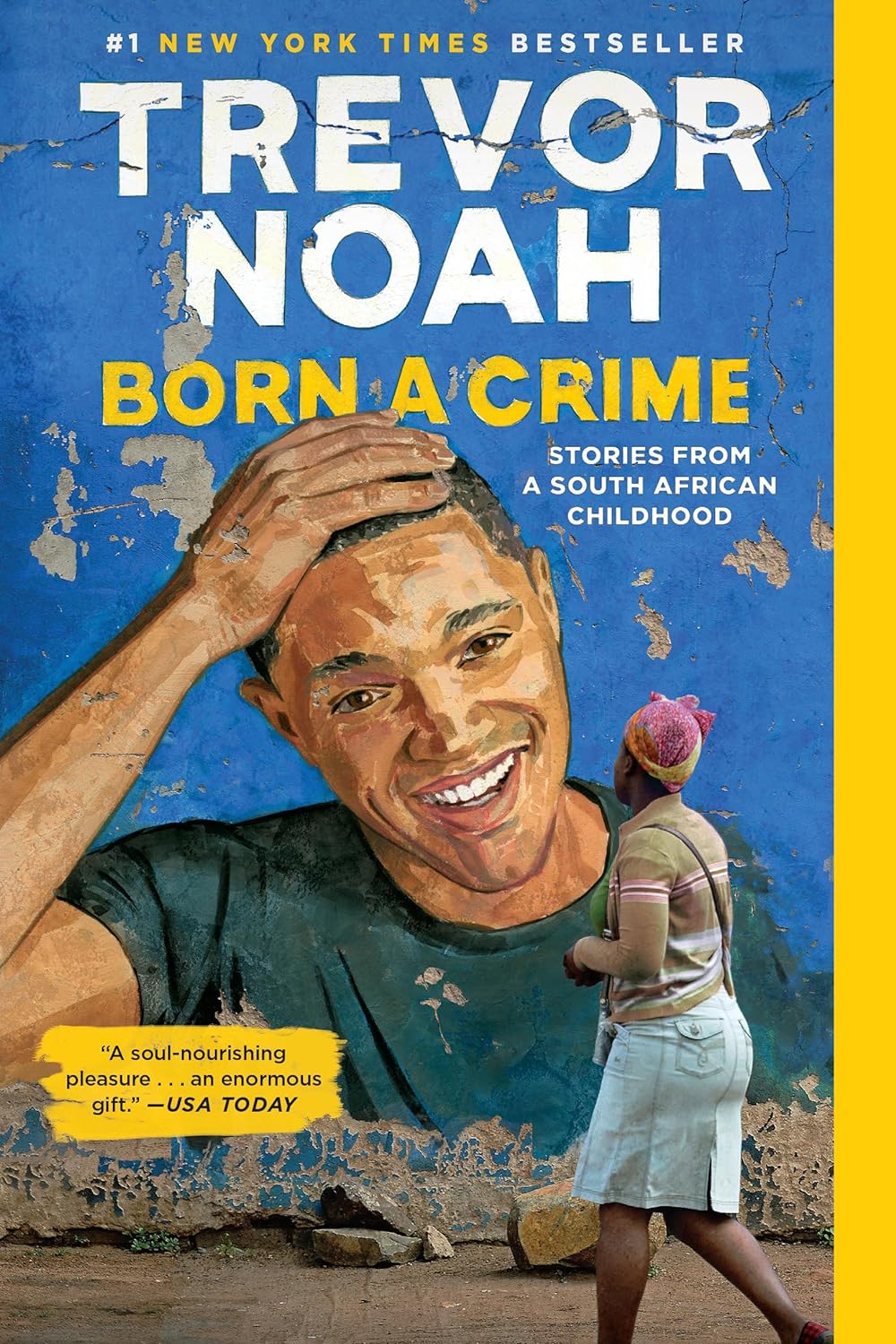
“Born a Crime” by Trevor Noah is an autobiography about his experiences growing up as a biracial child in South Africa during and after apartheid. It masterfully blends humor and poignancy and showcases Noah’s extraordinary talent as a comedian. This book made me reflect on so many things: privilege, culture, race, injustice, power, humanity, humility, courage, and, above all, love.
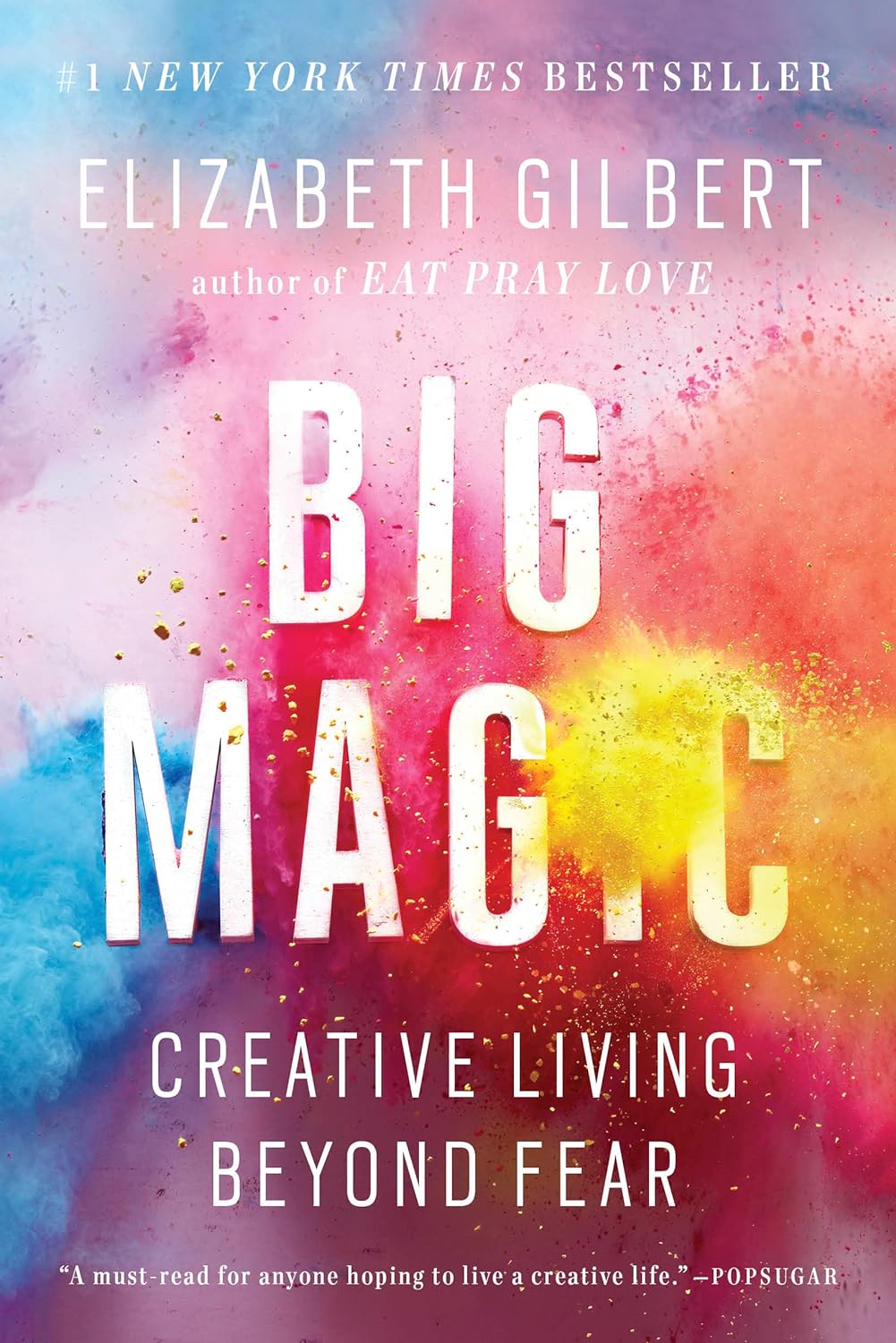
“Big Magic: Creative Living Beyond Fear” by Elizabeth Gilbert is a book about how to live a creative life. Although Gilbert writes from a writer’s perspective, I find it immensely inspiring for my own scientific endeavors, which are also deeply connected to creativity. One chapter, “Walk Proudly,” resonated with me so deeply that I have shared it with many people and listened to it countless times — it empowers me whenever I need to be brave.
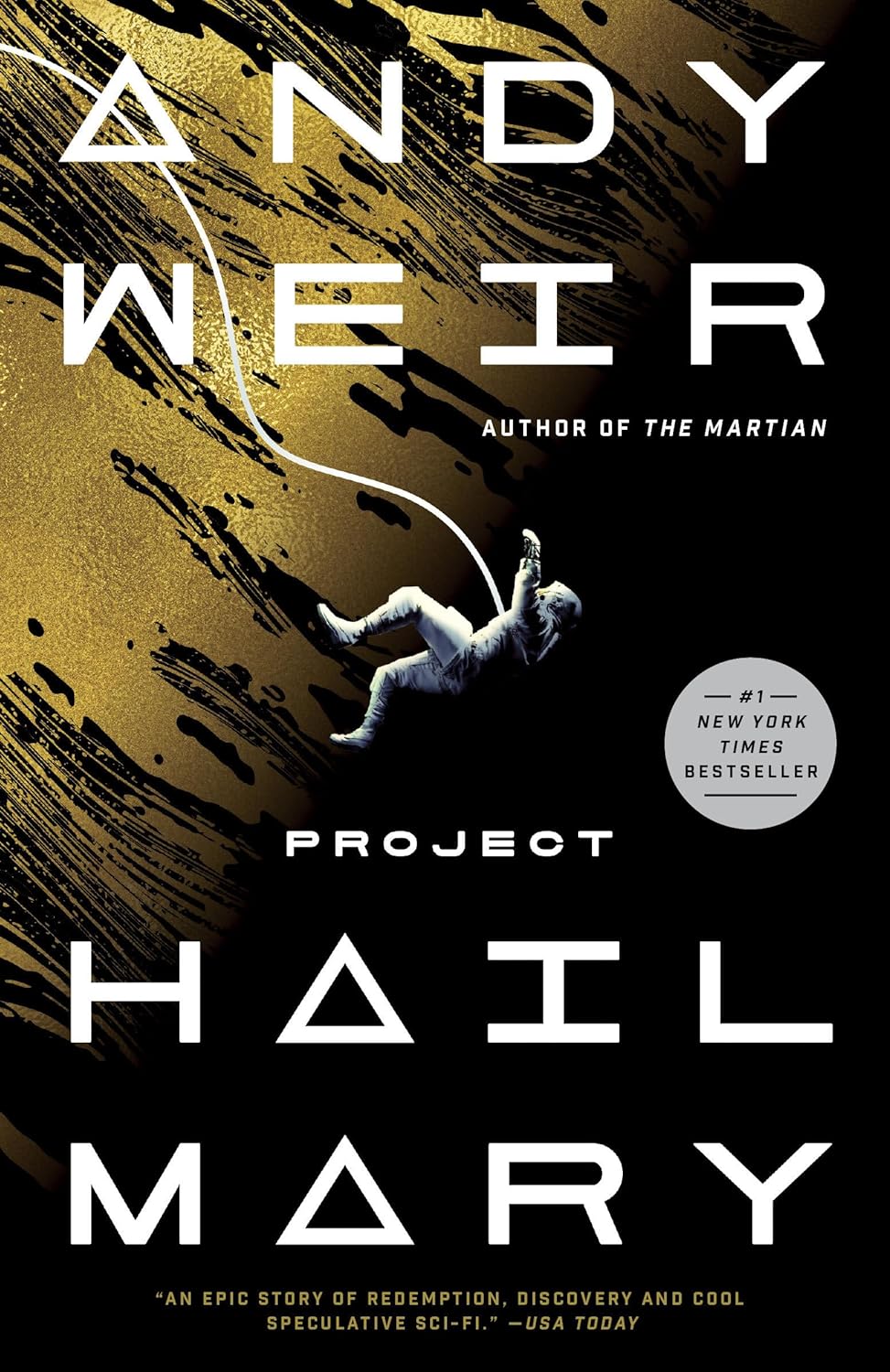
“Project Hail Mary” by Andy Weir. In my youth, I dreamed of writing science fiction to combine my love of science and writing. Now I write countless grants and papers instead — a different kind of dream come true, so be careful what you wish for! This is one of my favorite science fiction books, but I shouldn’t say too much to avoid spoilers. I especially enjoyed the conversations between Rocky and Grace. It’s a heartwarming reminder that true communication comes from the heart, not language.
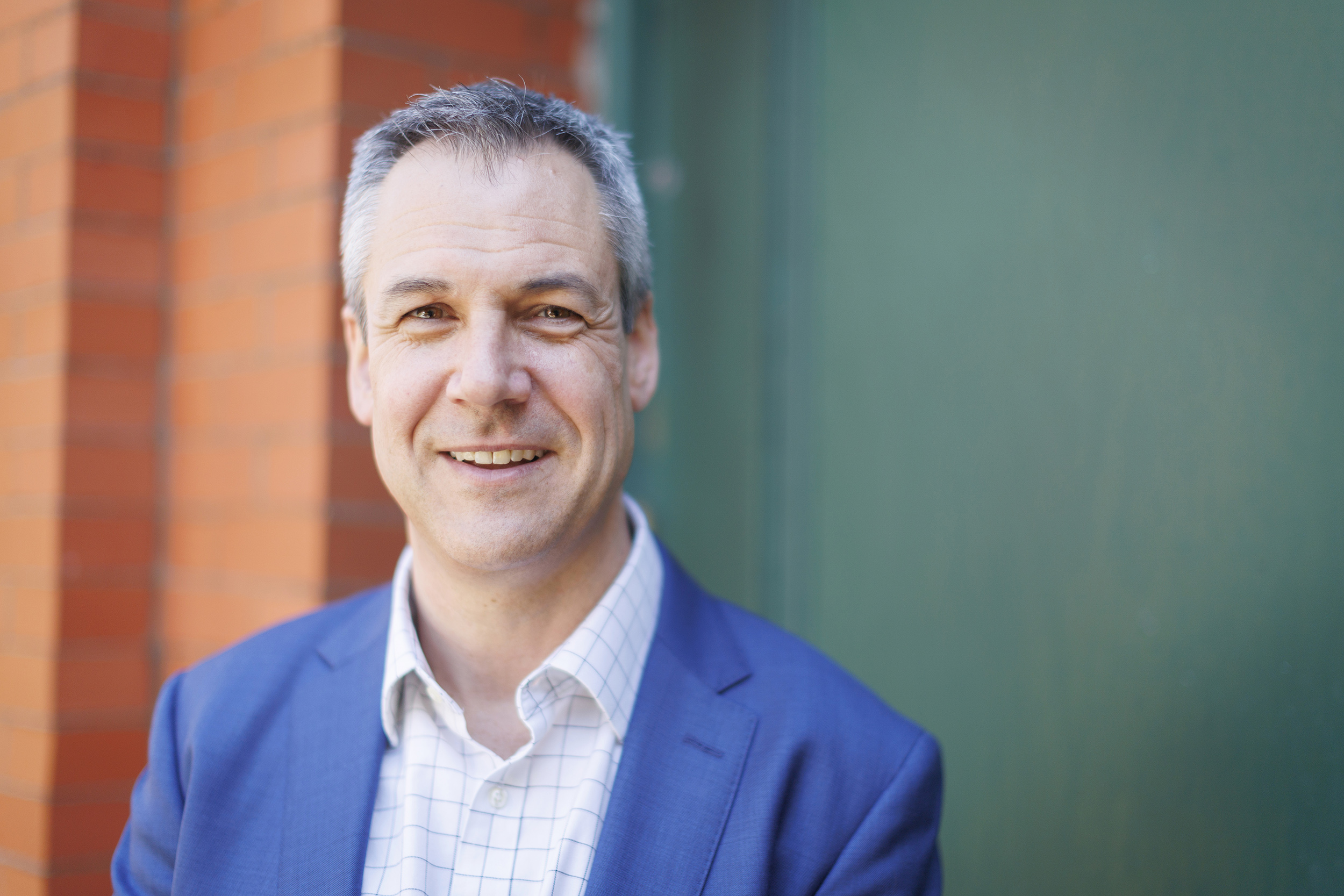
Peabody Professor of American Archaeology and Ethnology
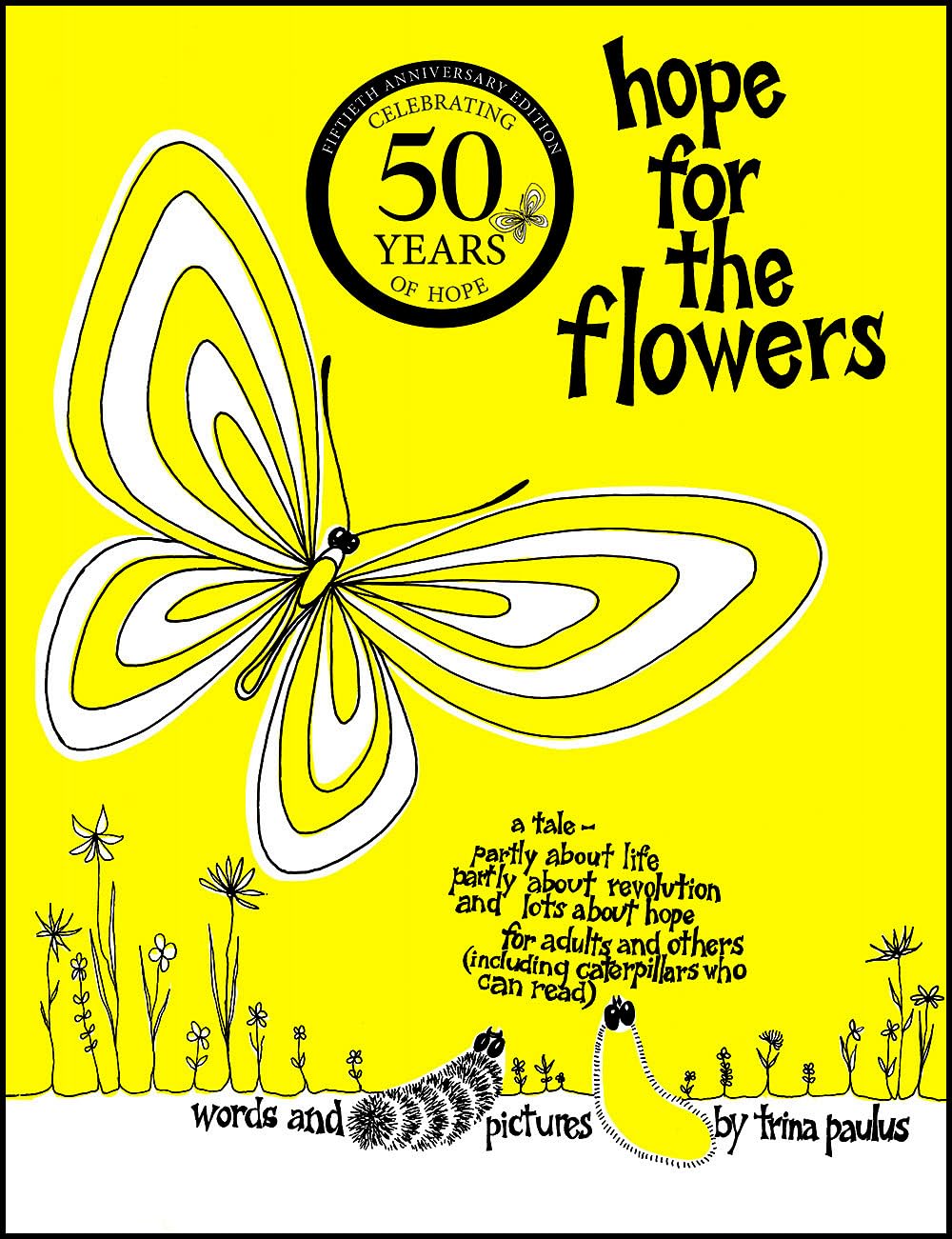
“Hope for the Flowers” by Trina Paulus was recommended to me by a cousin a while ago, and I find myself rereading it a lot over the years. It’s a very short book and has illustrations, but I find that as I move through life, revisiting it helps me find new lessons in it every time I read it.
It’s kind of an allegory for how to how to live your life. I’m not a big rereader, but because this one is so short I can get through it in a quick amount of time, and it’s so bright and yellow (laughs) I just find myself occasionally pulling it down. It causes me to step back and reflect.
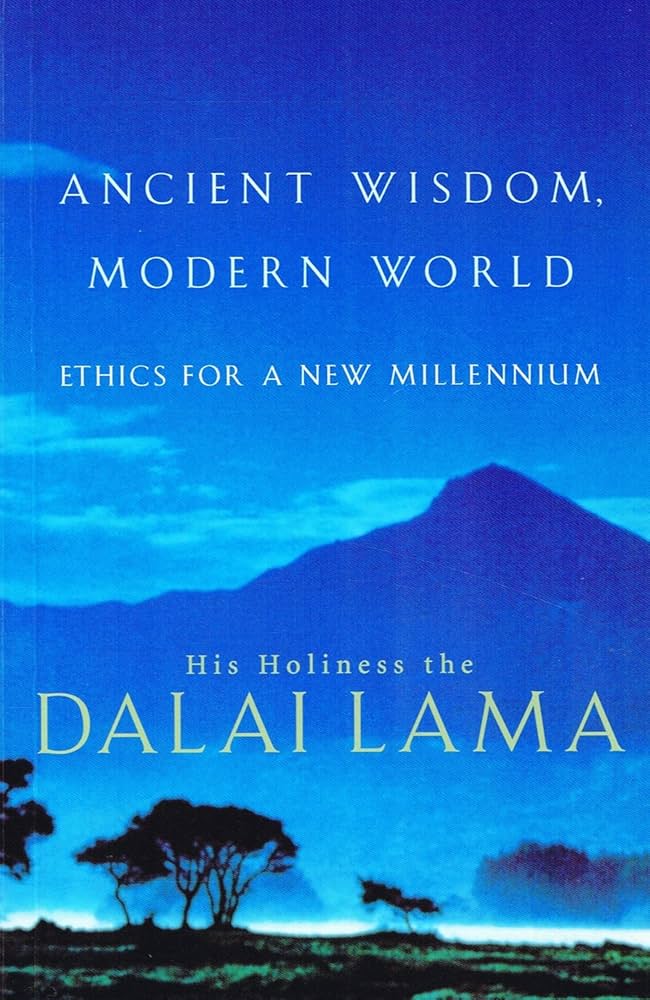
I got to say the same with “Ancient Wisdom, Modern World: Ethics for a New Millennium” by His Holiness the Dalai Lama. I picked it up in my first trip to Southeast Asia in 2000. It was my first exposure to Buddhist thought and philosophy. I picked it up in a bookstore in Bangkok and found it to be simultaneously very enlightening and very profound.
I go back to it because it’s the kind of book where I read a sentence or two, or maybe a paragraph at most, and I must mark the page, put it down and think about what I’ve read. I’ll read it in short doses because I always find new things to think about.
In that book, in particular, the Dalai Lama says that he’s not trying to convert people or demonstrate that Buddhism is the right way; he’s just laying out what he sees as logical ways to live our lives — observations that are often very profound. It helps me think about how the world works and how it should work, and how I could help to make it work better.
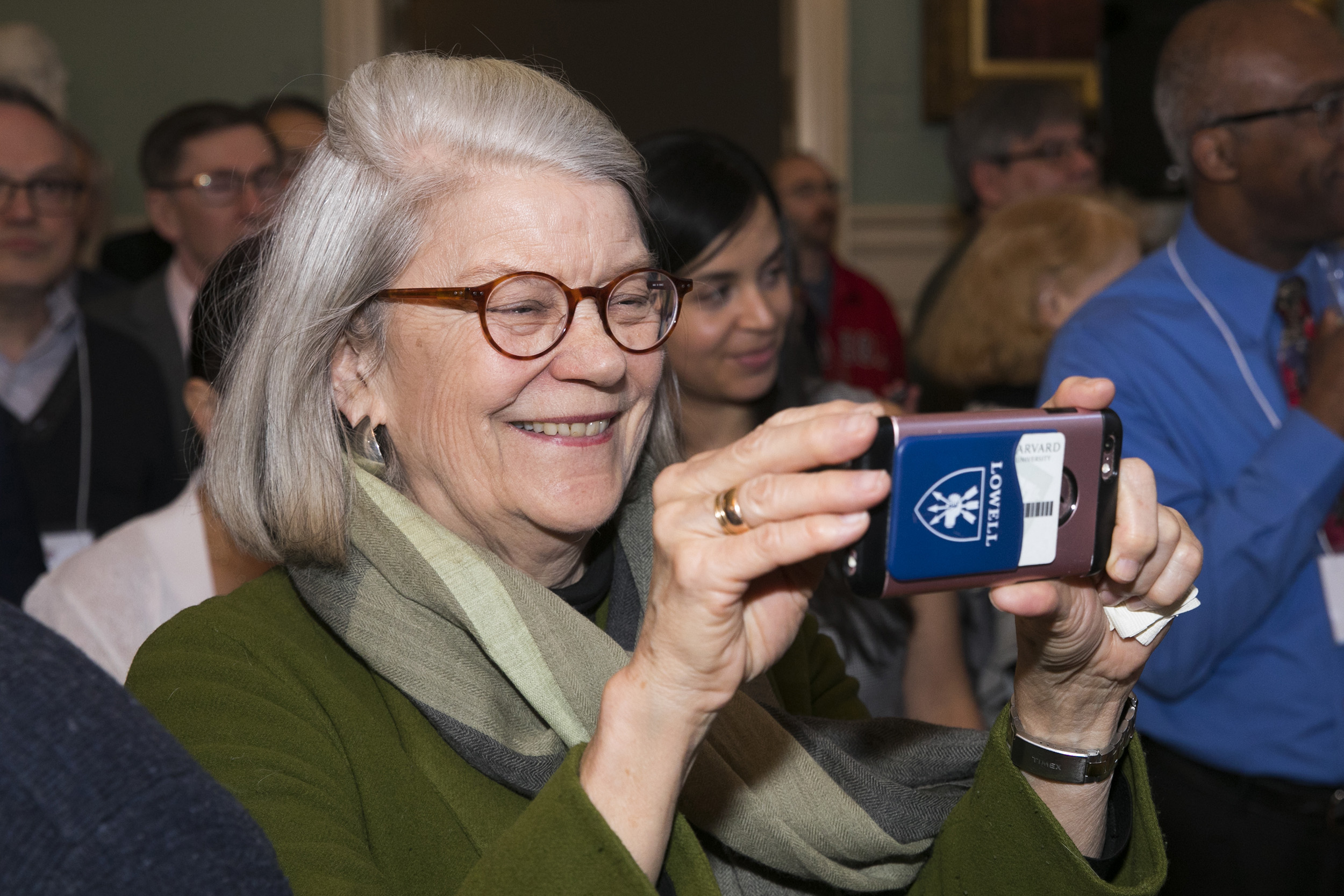
Professor of comparative religion and Indian studies, emerita; Fredric Wertham Professor of Law and Psychiatry in Society, emerita
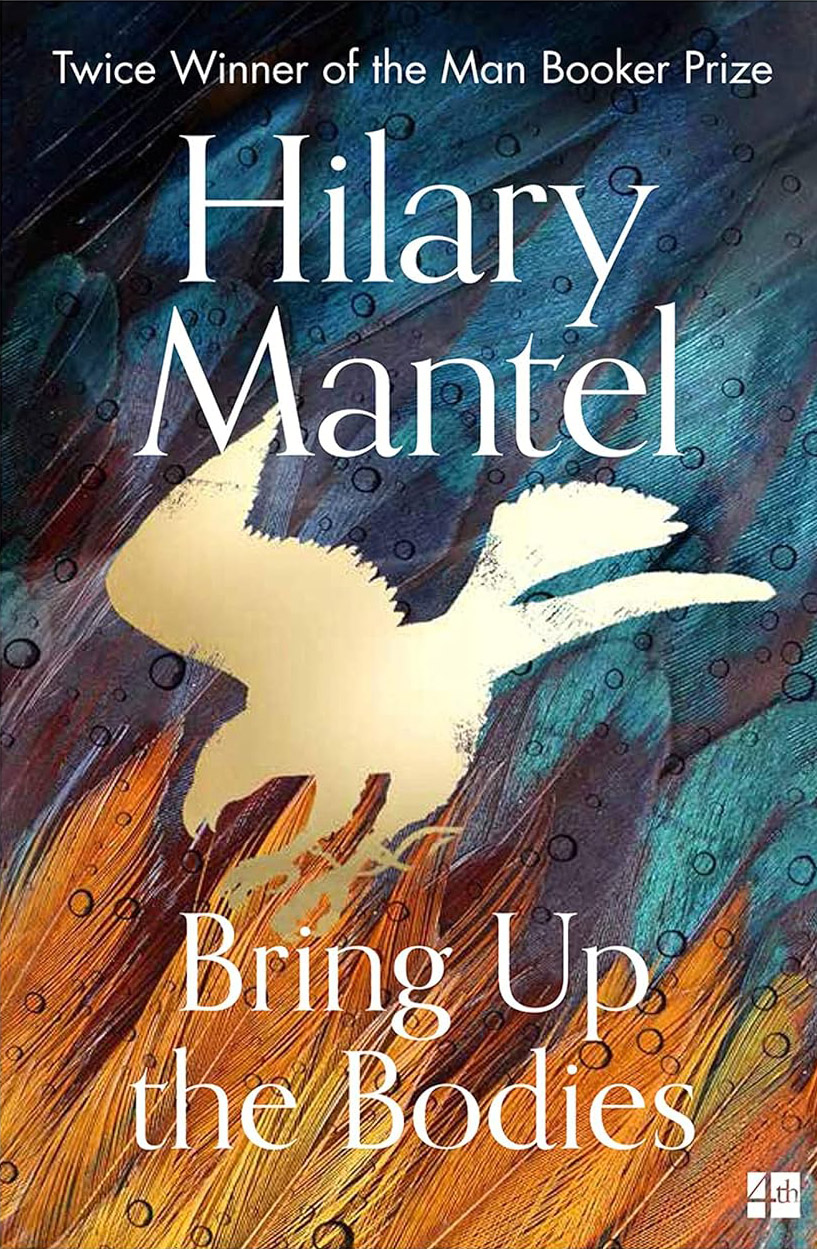
I have a favorite list of books that I have “read” more than once, but I confess that I am a listener of audiobooks. I have loved many books in the last year and have relistened to several with pleasure. I started with the Hilary Mantel books that are read and interpreted with such fine expression and voice — “Wolf Hall,” “Bring Up the Bodies,” “The Mirror and the Light.” I listened to the whole series twice.
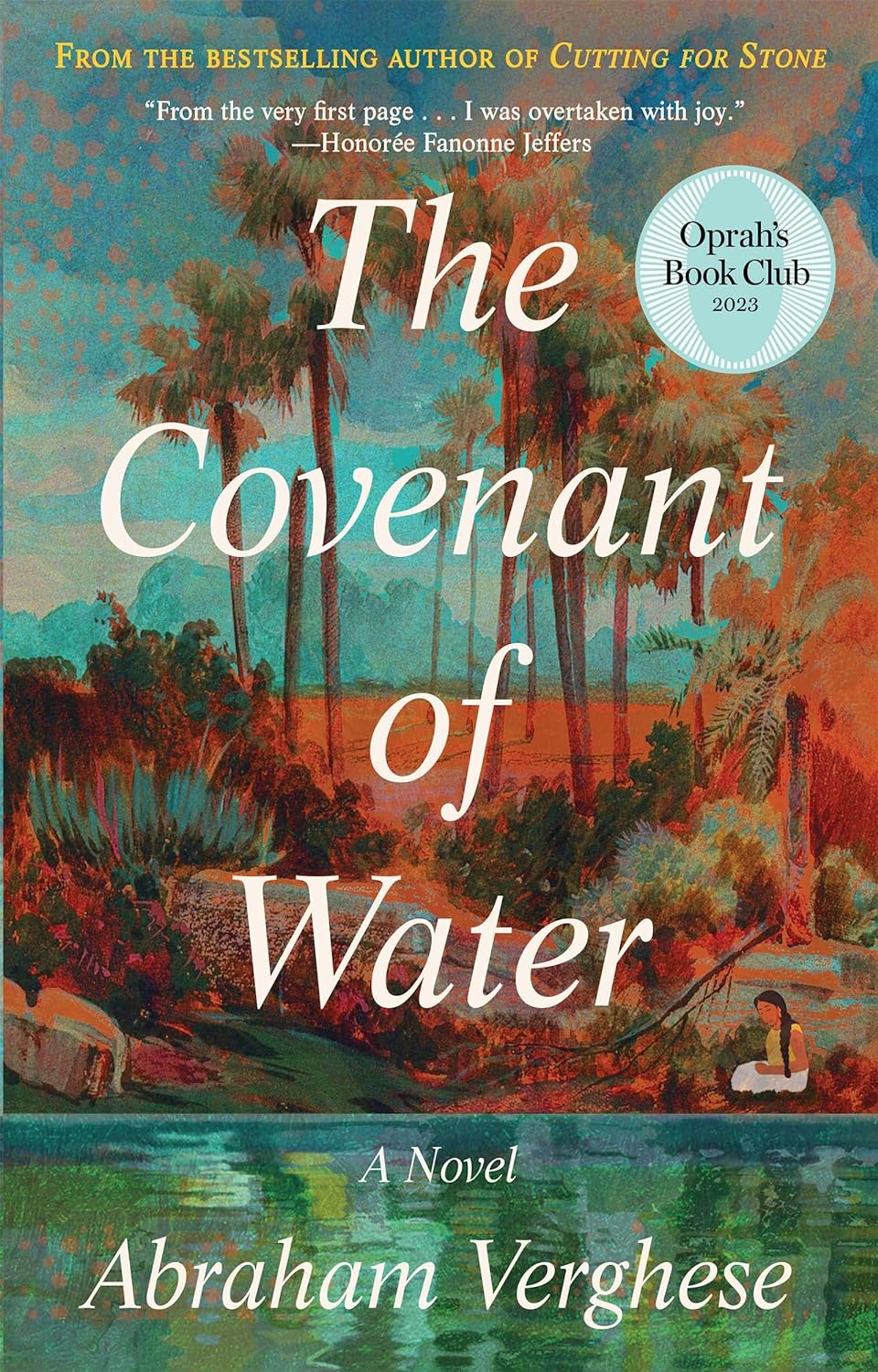
More recently, I have been reading Abraham Verghese. He himself reads “The Covenant of Water” and hearing it narrated by a Malayalam speaker brings a whole culture to life. I am almost finished with my second reading. Why? It is the intense humanity of the story and the sheer beauty of his voice. Told entirely in the present but spanning generations. Heartwarming and heart-wrenching.
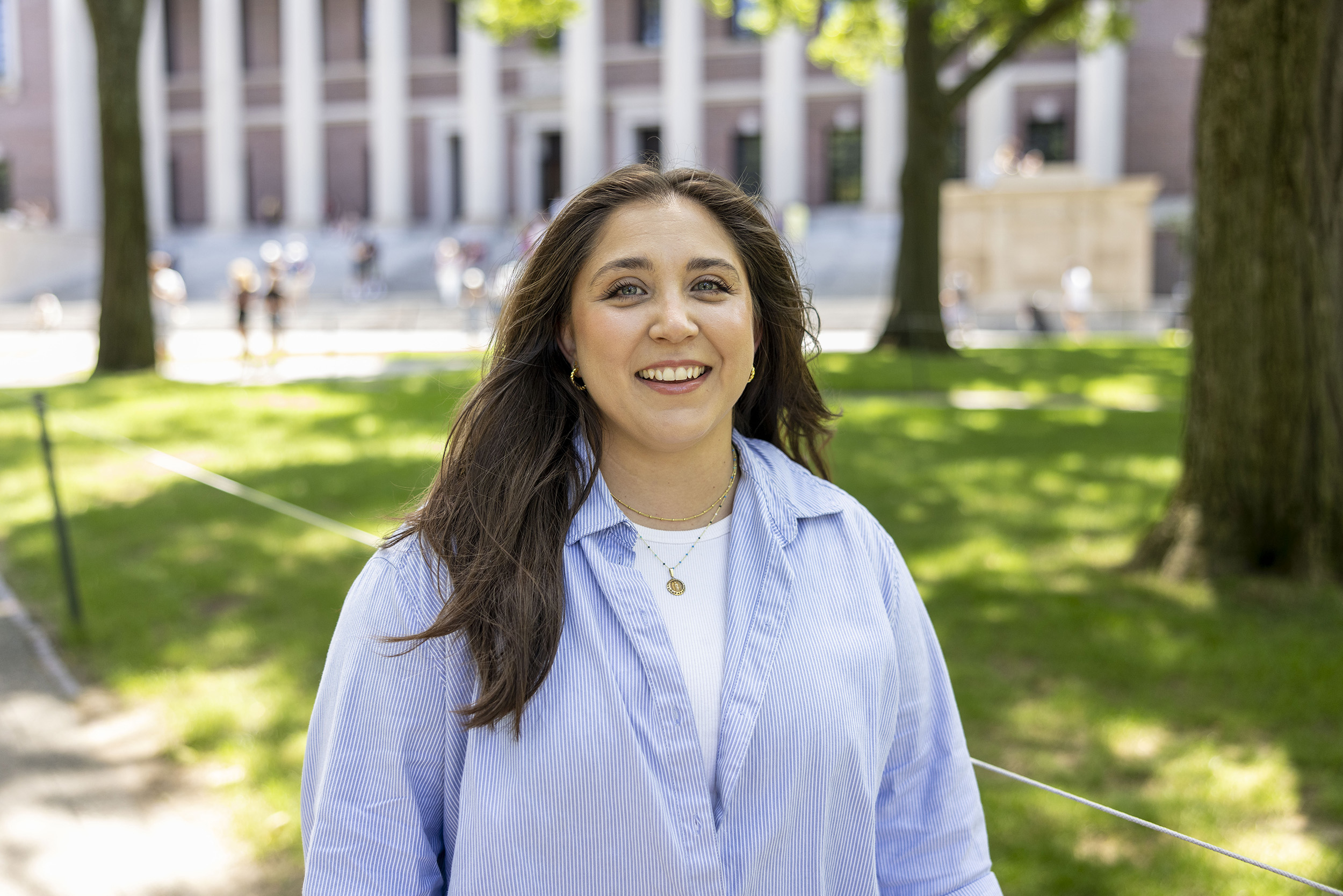
Assistant professor of Romance languages and literatures (Spanish)
Thinking about this question, I realized that, aside from work, there are few books I return to purely for pleasure. The first ones that came to mind were the “Asterix” and “Mafalda” comics, which I can always revisit briefly and joyfully, making me feel like a child again.
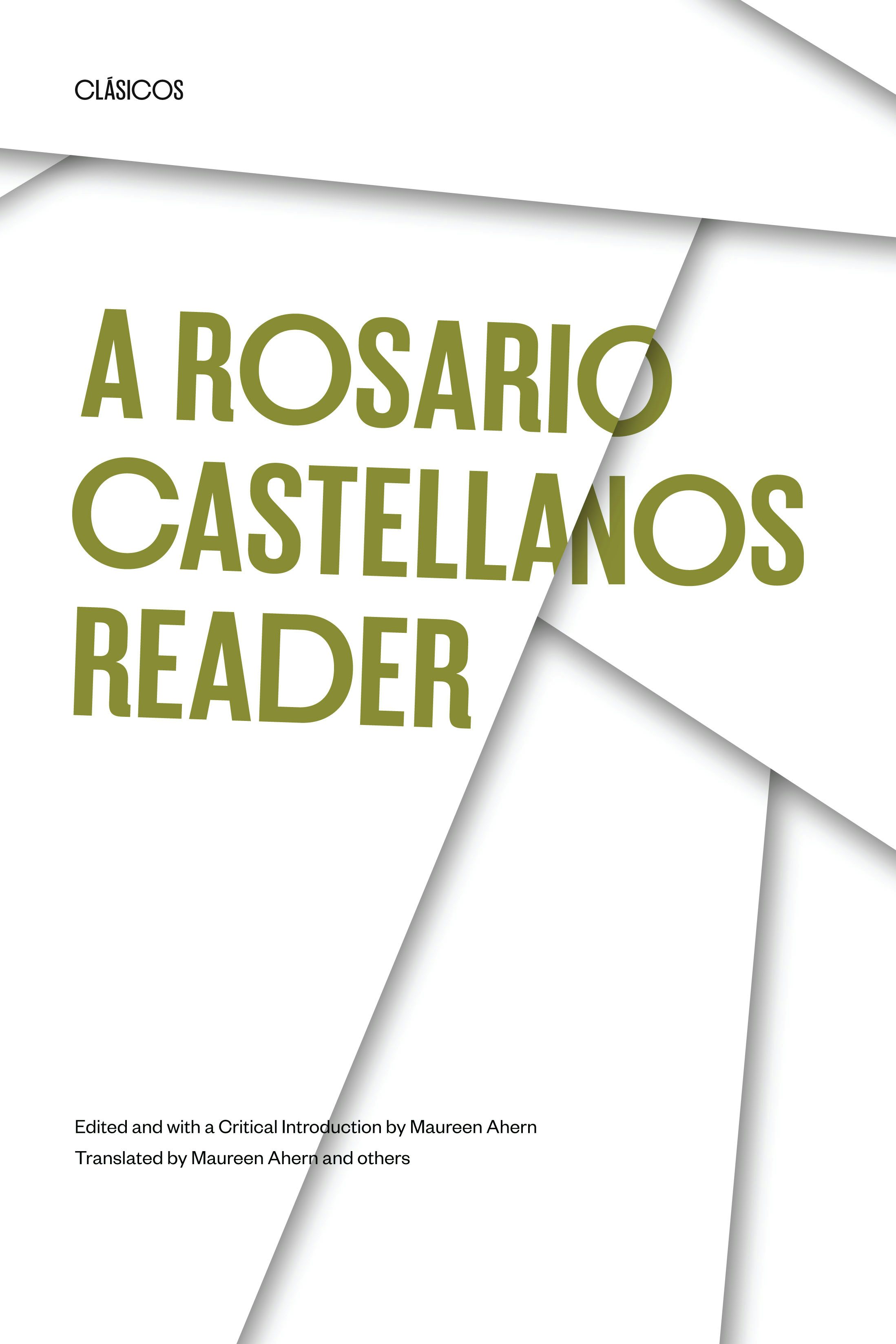
Another book that quickly came to mind is “The Eternal Feminine” by the Mexican author Rosario Castellanos. Technically, it’s a play — the subtitle even calls it a farce — but in reality, it’s somewhat unstageable, requiring a production of at least four hours.
I love the book because it journeys through different moments in Mexican history and highlights female figures, showing how they’ve been subjugated and the discussions that can arise from that. Plus, it’s the last book Castellanos wrote before her sudden death in 1974 while she was serving as ambassador to Israel. The book is fun, and you can start rereading it from any point since each part is fairly independent.

Garber says key to greater unity is to learn from one another, make all feel part of community at Morning Prayers talk
3 min read

Garber to students at Convocation: ‘You will learn more from difficult moments of tension than from easy moments of understanding.’
4 min readEfforts launched to turn around plummeting student scores in U.S. history, civics, amid declining citizen engagement across nation
7 min readHarvard study, almost 80 years old, has proved that embracing community helps us live longer, and be happier
9 min readMany analysts and citizens believe that the Constitution, more than 230 years old, is out of touch with contemporary America. We asked five scholars to isolate the problem they’d attack first.
A series focused on the personal side of Harvard research and teaching.